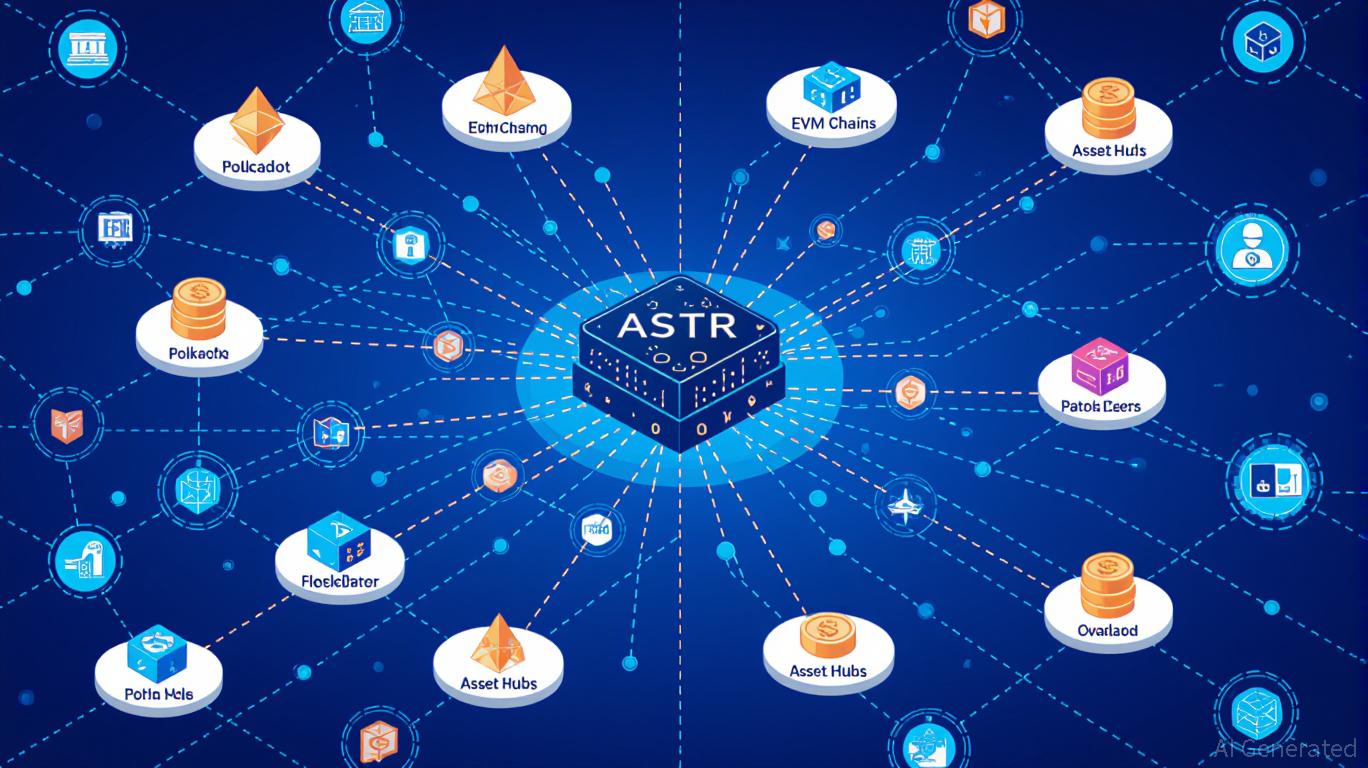Singapore Is Testing the Future of Banking
Singapore isn’t just talking about digital finance anymore. It’s moving. The Monetary Authority of Singapore has kicked off a major trial that pushes tokenization out of the lab and into the real world. This new experiment brings together tokenized MAS bills and central bank digital currency settlement. In simple terms, Singapore is setting up the rails for a future where traditional finance and blockchain finally work side by side.
Tokenized MAS Bills: What’s Actually Happening?
The central bank is preparing a pilot where MAS bills will be issued in tokenized form to primary dealers. These transactions will settle using wholesale CBDC. Details will come next year, but the direction is clear: Singapore wants to turn old-school financial instruments into programmable digital assets without breaking trust, stability, or regulation.

MAS Managing Director Chia Der Jiun made it clear during his FinTech Festival speech that tokenization is no longer stuck in experimentation mode. It’s already powering commercial activity. The only missing piece is scale, and that’s exactly what these trials are designed to unlock.
Why Tokenization Matters Now
What this really means is that the benefits of tokenized finance are finally becoming practical. Chia highlighted the big advantages: around-the-clock settlement, fewer intermediaries, faster collateral movement, and more efficient financial plumbing overall. But he didn’t sugarcoat it. The industry still has to clear structural hurdles before this becomes mainstream.
Three major banks — DBS, OCBC, and UOB — have already completed interbank overnight lending using the Singapore dollar wholesale CBDC. Singapore clearly wants to prove that tokenized finance can work safely at scale when backed by trusted settlement assets.
Stablecoin Rules: Singapore Draws a Hard Line
Chia also turned to stablecoin regulation, pointing out that MAS has already finalised its framework and is preparing legislation. The focus is simple: strong reserves and reliable redemption. Under the Payment Services Act, stablecoins are classified as digital payment tokens, and Singapore’s 2023 guidelines lay out strict rules for single-currency stablecoins pegged to the SGD, USD, EUR, and other major currencies.
Chia didn’t mince words about unregulated stablecoins. Their shaky track record in maintaining their peg can trigger panic similar to the 2008 failures when money market funds slipped under a dollar. Singapore’s stance is clear: only well-backed, tightly regulated stablecoins will be allowed to operate.
BLOOM Initiative: The Next Step Forward
To keep the momentum going, MAS has rolled out the BLOOM initiative. This program supports industry experiments using tokenized bank liabilities and regulated stablecoins for settlement. It’s Singapore’s way of pushing innovation while keeping control of the risks.
Singapore is positioning itself as the global testbed for responsible tokenized finance. Tokenized MAS bills, wholesale CBDC settlement, and strict stablecoin rules all point in the same direction: a future where blockchain-based finance isn’t a novelty but an everyday tool for global markets.
Disclaimer: The content of this article solely reflects the author's opinion and does not represent the platform in any capacity. This article is not intended to serve as a reference for making investment decisions.
You may also like
ETH Price Flash-Crash below $3200: Next Support Sits at $2,800
Solar PLUS Forum 2026: Where Energy Innovation Meets Tokenization & Digital Infrastructure

ZK Atlas Enhancement: Accelerating Blockchain Expansion and Driving Institutional Participation in DeFi
- ZK Atlas Upgrade (Oct 2025) boosted blockchain scalability to 15,000+ TPS with $0.0001 per-transaction costs, enabling institutional DeFi adoption. - Modular ZKsync OS and ZK rollups reduced Ethereum gas fees by 90%, driving 30% stablecoin dominance in on-chain transactions. - Institutional TVL in ZK ecosystems hit $3.5B by 2025, with StarkNet tripling TVL and Zcash rising 23% amid U.S./EU regulatory clarity. - ZK token engagement surged 20% post-upgrade, attracting $15B in ETF inflows, as analysts predi

Astar (ASTR) Price Rally: Can Institutional Adoption of Blockchain Interoperability Sustain Long-Term Growth?
- Astar (ASTR) surged 40% in late 2025 as institutional adoption of its cross-chain interoperability infrastructure accelerated. - The integration of Plaza modular infrastructure and EVM compatibility streamlined asset management and bridged Polkadot with external networks. - Strategic partnerships with exchanges like Bitget and Japan-focused Web3 initiatives expanded ASTR's institutional reach and use cases. - Upcoming Startale App aims to simplify cross-chain interactions, positioning ASTR as a foundatio

